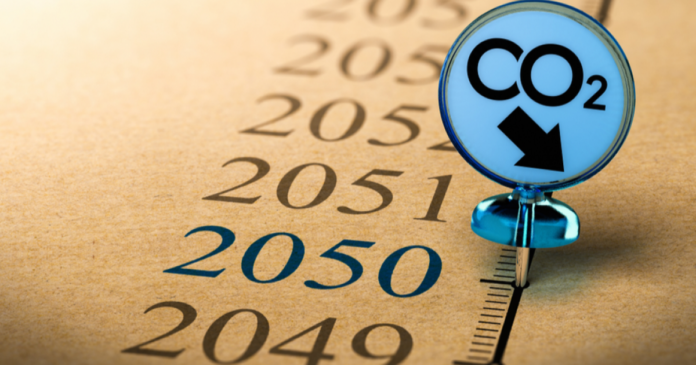WWF has warned that the March 2021 Budget doesn’t add up when it comes to government delivering on its climate promises, such as the commitment to cut emissions by 78% by 2035, according to new analysis.
Figures from WWF, published today, reveal that the climate change mitigation policies set out in the March 2021 Budget equate to just £145 million, while policies that will drive up emissions – like the fuel duty freeze1 – equate to over £40 billion.
These findings are the product of a new Budget tagging tool, which indicates that UK government spending is falling far short of what’s required to deliver net zero and build a clean, safe, prosperous future for the UK. While the Climate Change Committee (CCC) estimates that investment of approximately 1% of GDP per year from the public and private sectors will deliver the transition2, climate change mitigation policies outlined in the March 2021 Budget add up to just 0.01% of GDP.
The launch of the Budget tagging tool comes just days after the publication of the latest IPCC report, which suggests the target to limit global warming to 1.5°C above preindustrial levels will be breached without “immediate, rapid and large scale reductions in greenhouse gas emissions”3.
The publication of the Budget tagging analysis marks the completion of the first component of WWF’s Net Zero Test which – for the first time in the UK – will allow assessment of whether future Budgets and Spending Reviews align with net zero.
Delaying essential investments by 10 years would double the amount of money needed4. By contrast, introducing a Net Zero Test would help the Treasury unlock an estimated £90 billion of annual benefits, including green jobs and export opportunities, warmer homes, and more woodland and green space for everyone5, while driving down the UK’s environmental footprint.
Isabella O’Dowd, Head of Climate Change at WWF, said:
“With nature in freefall and the climate in crisis, the clock is ticking for the planet, as the latest IPCC reports makes clear. It’s not yet too late to prevent global warming from rising above 1.5°C – it is in our hands. But to do that, the UK government must play its part by keeping every climate promise it has made.
“The latest Budget simply doesn’t add up to the cleaner, greener future we all want to see. To turn things around, ministers must close the gap between their climate commitments and their spending plans, by adopting a Net Zero Test for all government spending ahead of the UK-hosted COP26 climate summit in November.
“We won’t forget the government’s climate promises and, together with our supporters, we will hold government to account for delivering on them.”
Recent analysis from the cross-party think tank Policy Connect as part of its work with the All-Party Parliamentary Climate Change Group shows the UK government is also falling short at a policy level, having fully met or partially met just 61 out of 135 policies recommended by the Climate Change Committee.
These policy recommendations are spread across six key sectors representing more than 90% of UK emissions in 2019, including transport, power, and heat and buildings. The CCC’s Progress Report 2021 and Policy Connect’s Climate Policy Dashboard – which is regularly updated – emphasise the need to match ambitious climate targets with credible and effective policies, especially in the run up to COP26.
New YouGov polling, commissioned by WWF, shows almost 70% of British adults are not confident that the UK government will deliver on its target to slash emissions by 78% by 2035.
More people in Great Britain would support immediately increasing spending on climate to save on climate mitigation costs down the line, than would favour delaying and incurring additional costs in the future.
In addition, over three quarters of Brits want the UK government to cover some or all the costs of making changes to homes to help people reduce their carbon footprint.
Isabella O’Dowd, Head of Climate Change at WWF, added:
“The net zero transition should be seen as an investment, not a cost. Making the right spending choices today to tackle the climate crisis will not only reduce costs in the future, but also unlock benefits for the UK economy. To ensure all households enjoy those benefits – from healthier homes to lower energy bills – the government must invest now, making good on its climate promises while ensuring no one is left behind in the transition to net zero.”
With COP26 fast approaching, the UK government has a unique opportunity to show global leadership on climate. However, WWF has warned that a lack of action to demonstrate how the UK government will live up to its climate promises risks undermining its credibility on the world stage.







